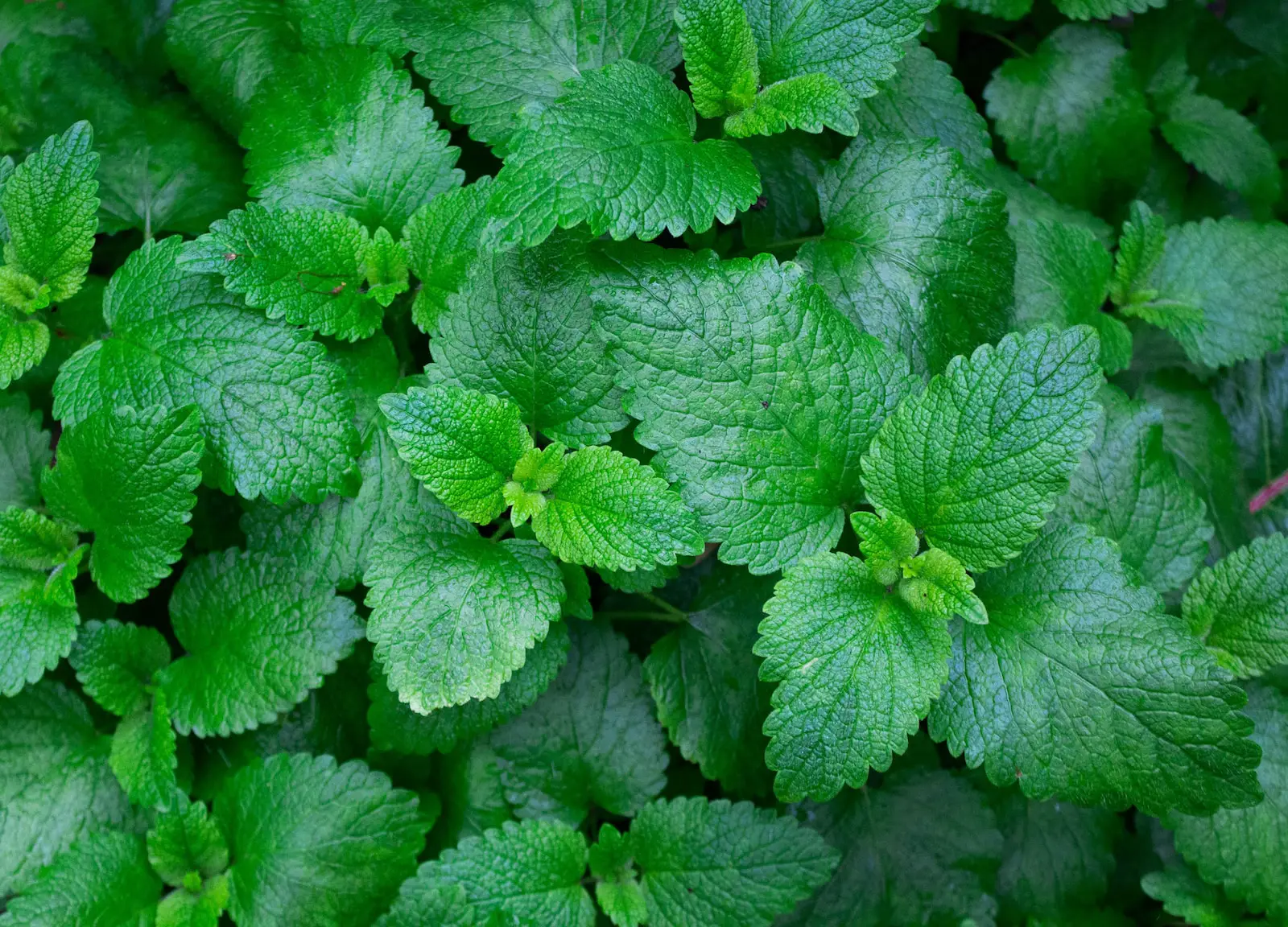Herbs have been a cornerstone of healthy eating and living for centuries. Their potent flavors add depth to our dishes, and their nutritional benefits are well-known. Growing herbs at home can be a rewarding hobby, providing you with fresh and organic ingredients for cooking, as well as natural remedies for common ailments. Here are five herbs that you can easily grow at home, whether on your kitchen windowsill, balcony, or garden.
1. Basil (Ocimum basilicum)
Why Grow It?
- Culinary Uses: Basil is essential in Italian dishes like pesto, and it pairs well with tomatoes, garlic, and olives.
- Health Benefits: Rich in antioxidants and vitamins, it may have anti-inflammatory effects.
- Growing Tips: Thrives in warm temperatures and needs plenty of sunlight. Regularly pinch off the flowering tops to promote more leaf growth.
2. Mint (Mentha spp.)
Why Grow It?
- Culinary Uses: Mint adds a refreshing taste to salads, teas, and desserts.
- Health Benefits: Known for its digestive aid properties, mint also has potential calming effects.
- Growing Tips: Mint grows rapidly and can become invasive, so it is often best planted in pots. It likes partial shade to full sun.
3. Rosemary (Rosmarinus officinalis)
Why Grow It?
- Culinary Uses: Adds a pungent flavor to meat dishes, bread, and vegetables.
- Health Benefits: Rich in antioxidants and may enhance memory and concentration.
- Growing Tips: Prefers full sun and well-drained soil. Can be grown in containers indoors if given enough light.
4. Parsley (Petroselinum crispum)
Why Grow It?
- Culinary Uses: Used as a garnish and flavor enhancer in a variety of dishes.
- Health Benefits: High in vitamins A, C, and K, parsley can support immune function.
- Growing Tips: Grows best in moist, well-drained soil, and can thrive in full sun or partial shade.
5. Thyme (Thymus vulgaris)
Why Grow It?
- Culinary Uses: Thyme’s subtle flavor enhances soups, stews, and roasted meats.
- Health Benefits: Contains thymol, a natural antiseptic, and may have anti-fungal properties.
- Growing Tips: Grows well in full sun or partial shade and prefers well-drained soil.
Conclusion
Growing herbs at home is more than a trend; it’s a way to connect with nature, enhance your culinary experiences, and benefit from the therapeutic properties of these plants. Whether you have a sprawling garden or just a small pot on a windowsill, these five herbs can thrive in various settings and offer tremendous value.
Remember, the key to successful herb gardening is understanding the specific needs of each plant in terms of sunlight, water, and soil type. With a little care and attention, you’ll be enjoying fresh, home-grown herbs in no time! Happy gardening!

